Description
Fair Trade Cooperative: KODUKAK
FLO ID# 33687
In 2006, a group of 257 coffee growers from Rwanda’s Kigeyo sector, within the Rutsiro district in the Western Province of Rwanda, began collaborating to enhance the quality of their local coffee by jointly collecting and processing coffee cherries. Their efforts laid the foundation for what would become KODUKAK (Koperative Dutezimbere Kawa Kigeyo), which officially registered as a cooperative in 2015. The group obtained Fairtrade (FLO) certification the following year, in early 2016. Today, KODUKAK is based along the shores of Lake Kivu and includes 990 active farming members—651 men and 339 women.
KODUKAK is also affiliated with COOPAC, a larger umbrella cooperative formed in 2001. COOPAC supports more than 8,000 producers across six different groups: Ack, Ubuzima, Tuzamurane, Kopabm, Abakundakurima, and Abanyamurava, all located in Rwanda’s western province.
Coffee Production in Rwanda: A General Overview
Rwanda produces high-quality arabica coffee, primarily of the Bourbon variety, grown at elevations ranging from 1400 to 2000 meters above sea level. The country’s mountainous topography, volcanic soil, and consistent rainfall provide favorable agro-ecological conditions for specialty coffee cultivation, which accounts for a significant portion of Rwanda’s agricultural export earnings.
Coffee is produced largely by smallholder farmers who cultivate less than 1 hectare of land. Plant management generally includes pruning, mulching, shade regulation, and application of both organic and inorganic fertilizers. Integrated pest and disease control methods are employed, with coffee leaf rust and antestia bugs (which contribute to the potato defect) being key concerns.
Rwandan coffee is predominantly processed using the washed (wet) method. Cherries are collected and delivered to centralized washing stations, where they undergo pulping, fermentation (12–24 hours), washing, and sun-drying on raised beds. Strict sorting and quality control protocols are often applied to maintain consistency and reduce defects. After drying, parchment coffee is dry milled, graded, and sorted before export. The Rwanda National Agricultural Export Development Board (NAEB) oversees quality control, export regulation, and market promotion.
The coffee sector is supported by cooperatives, government agencies, and NGOs, focusing on capacity building, infrastructure, and market access. Traceability and quality assurance systems have contributed to Rwanda’s reputation in the specialty coffee sector.


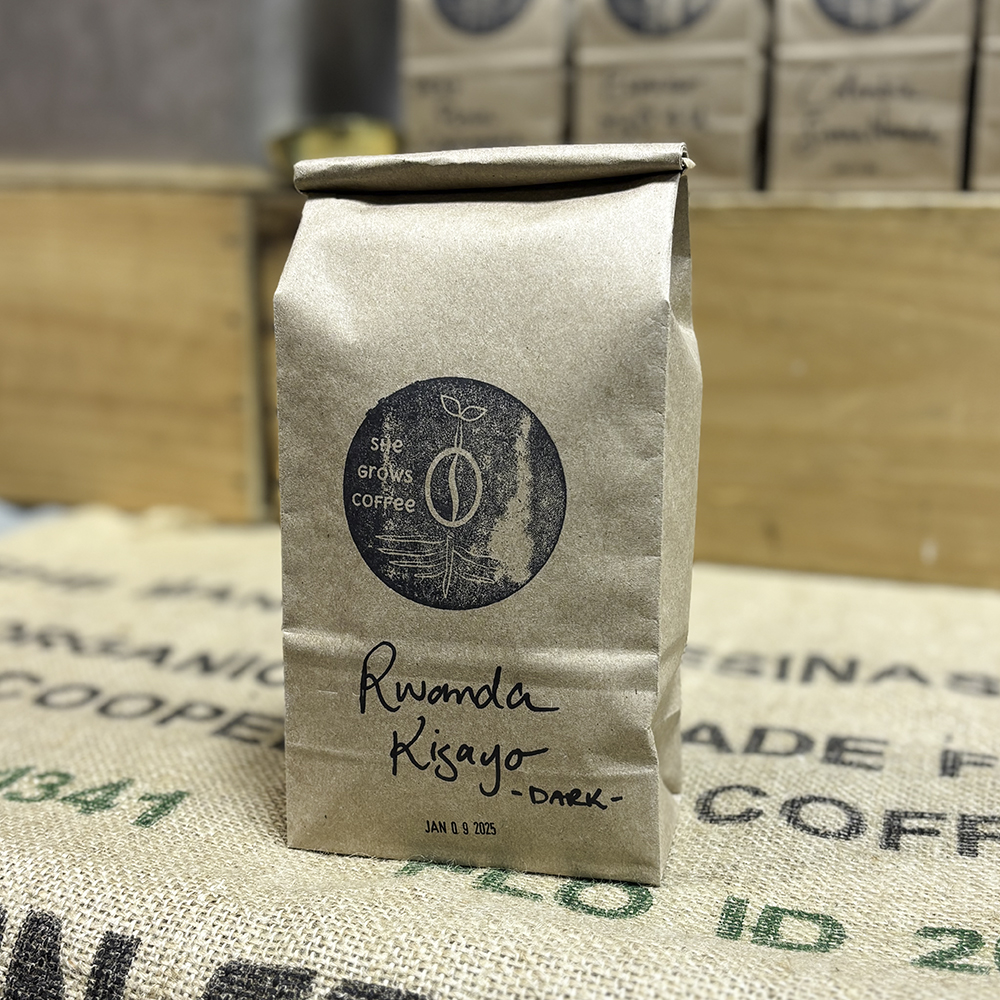
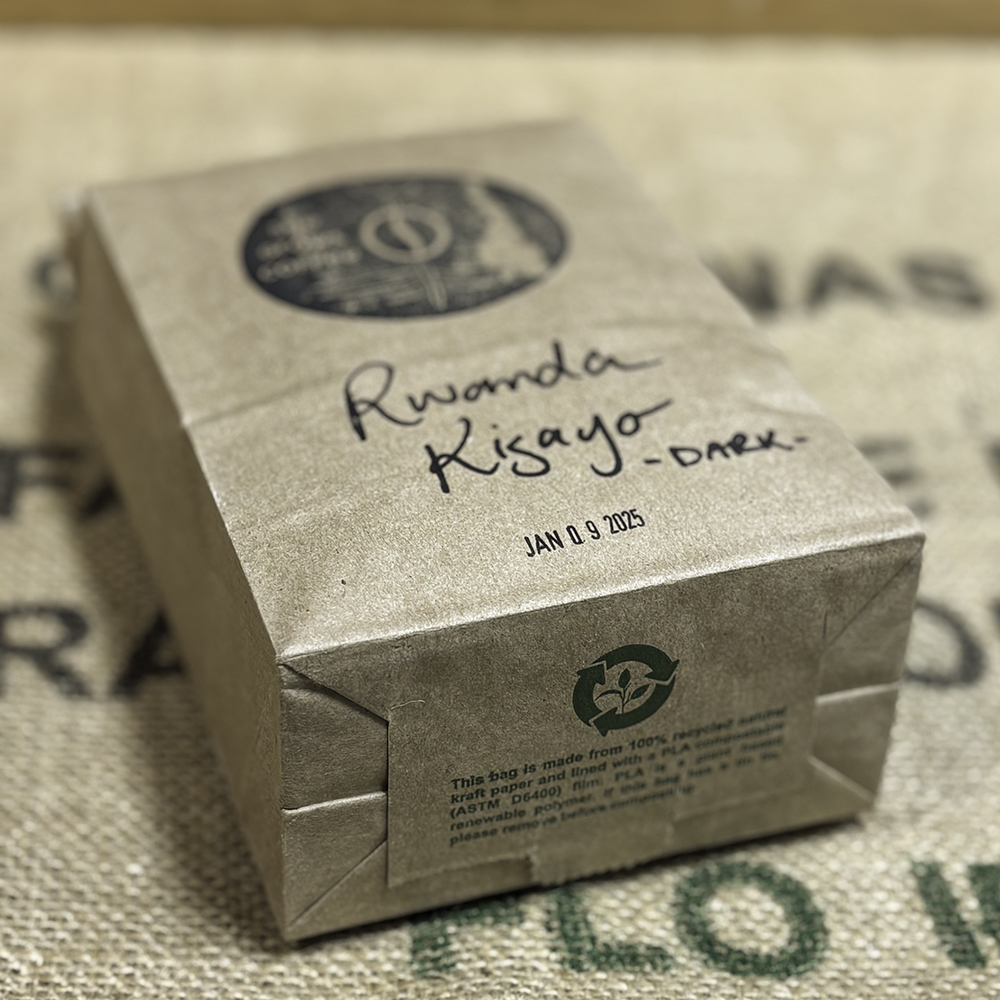
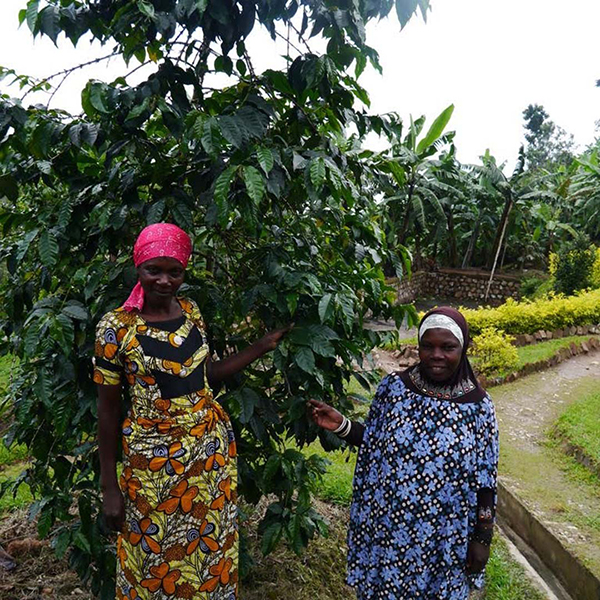
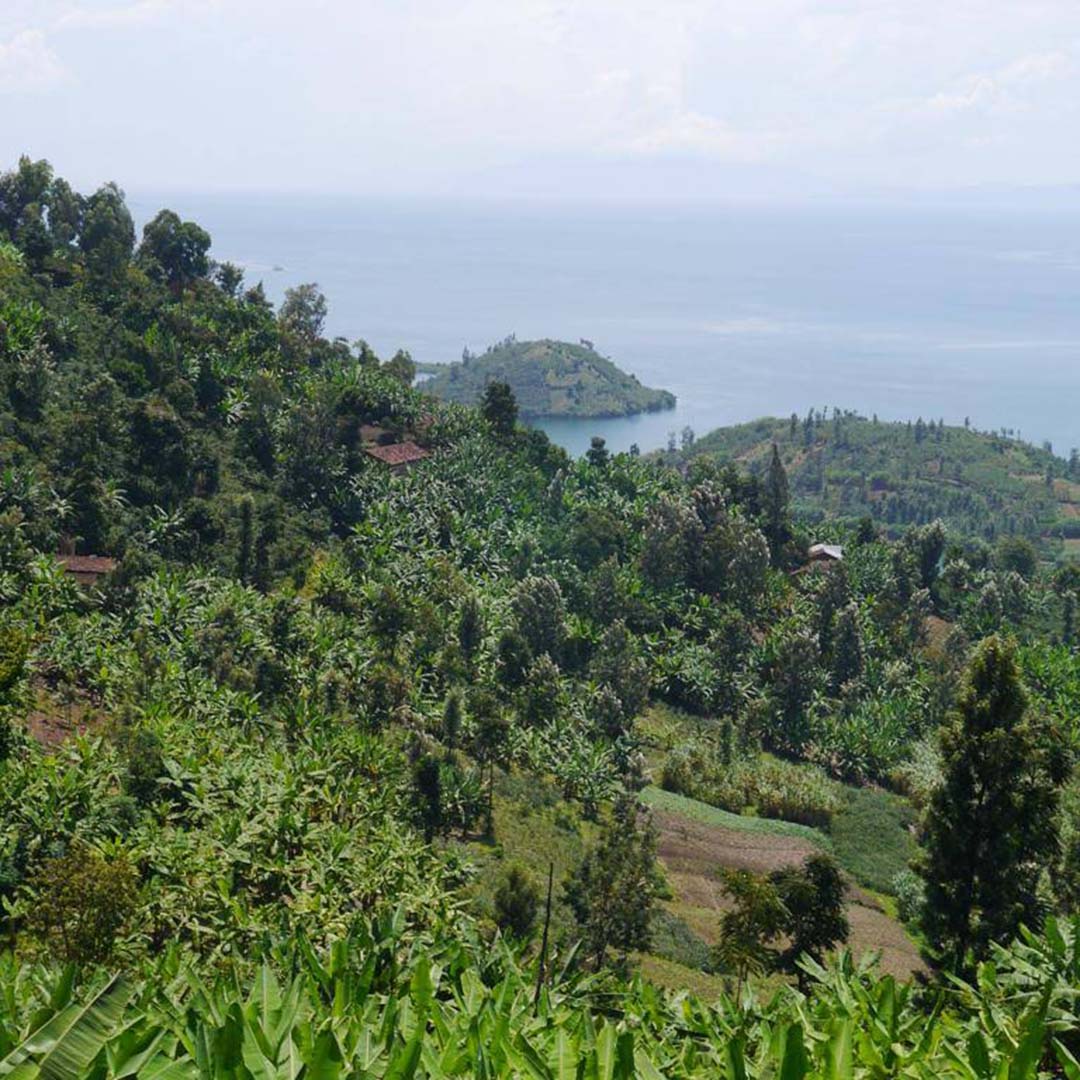
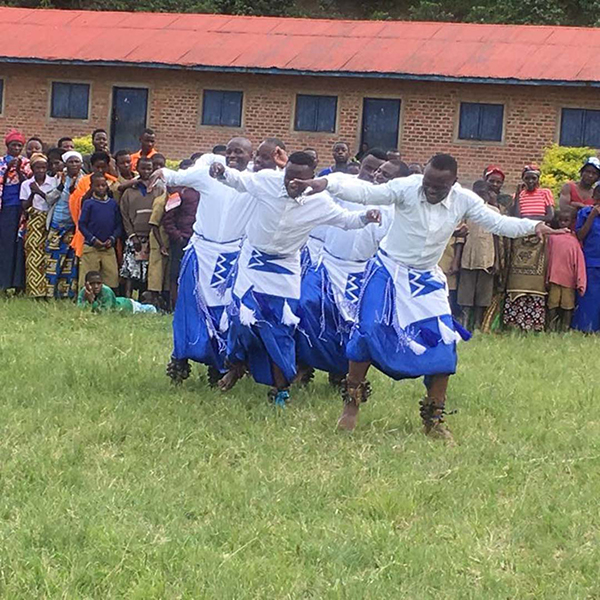

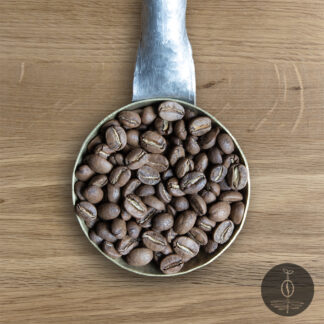

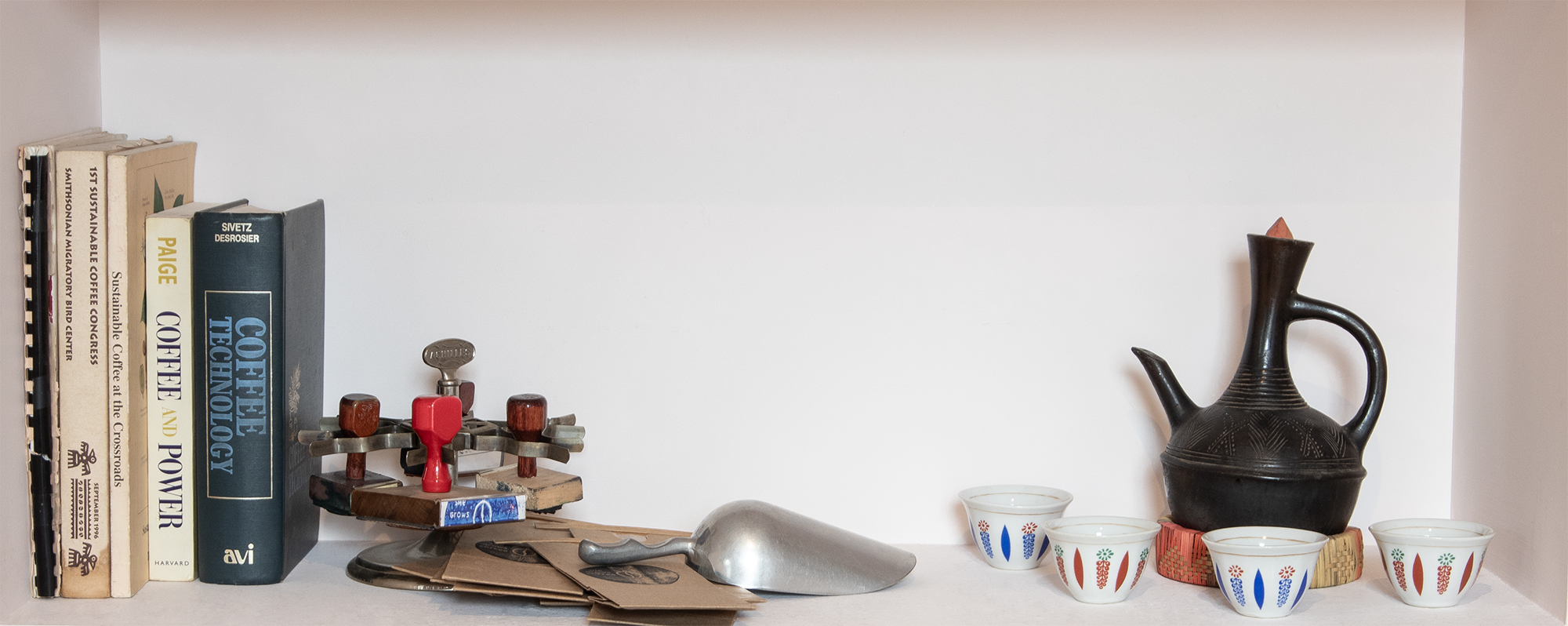

Reviews
There are no reviews yet.